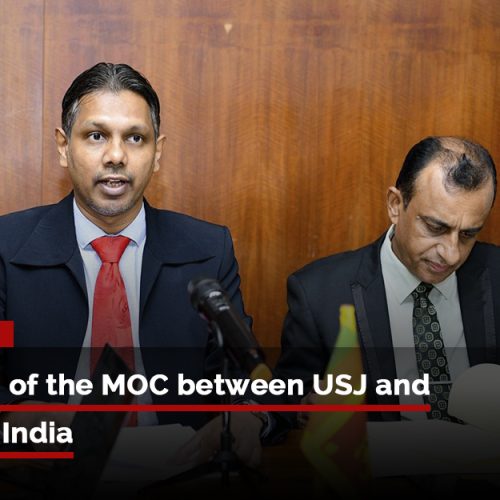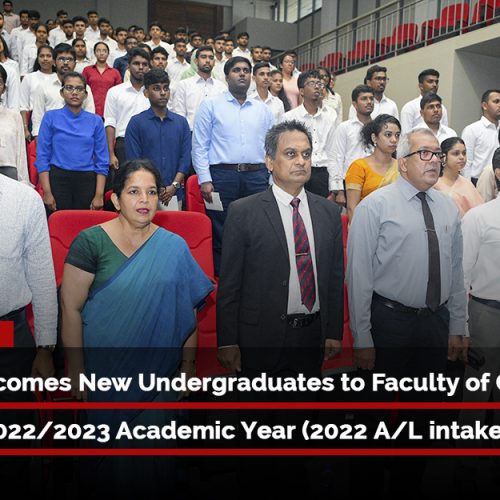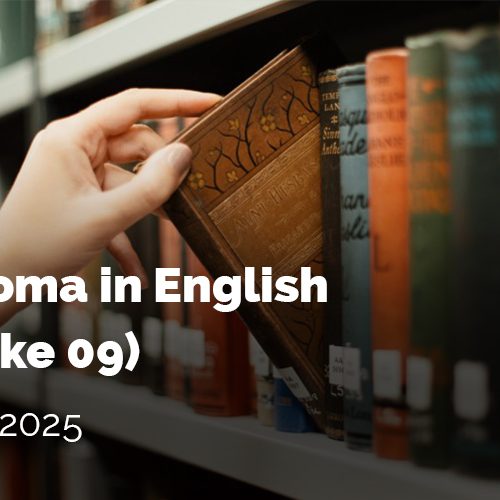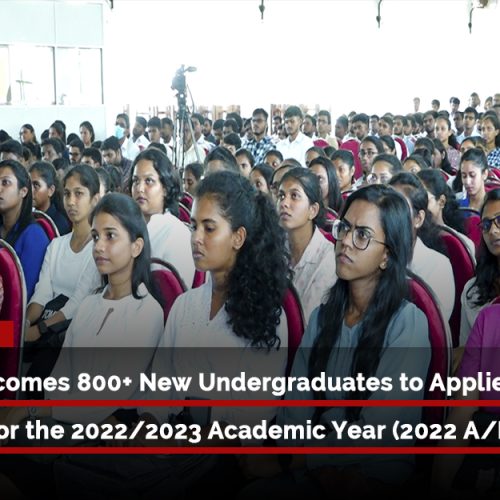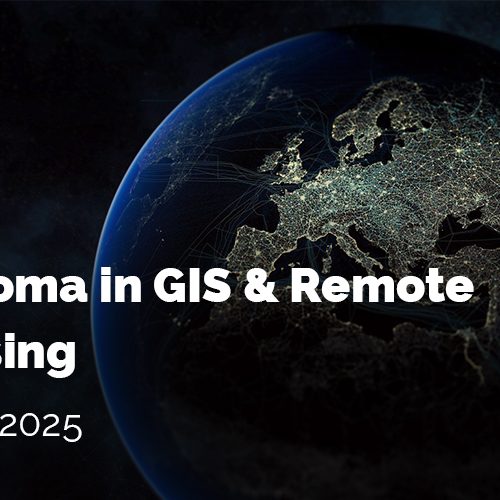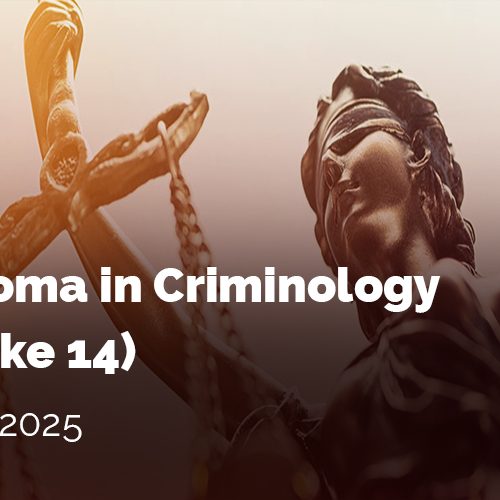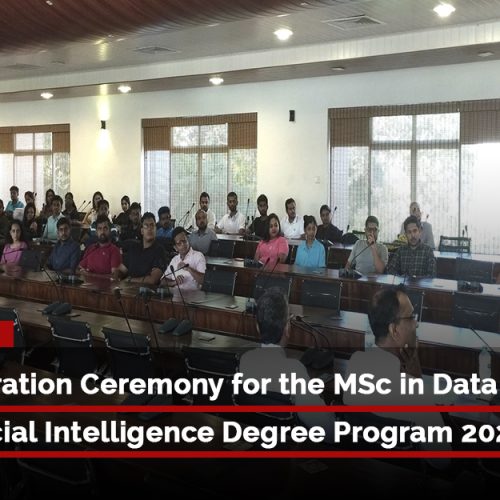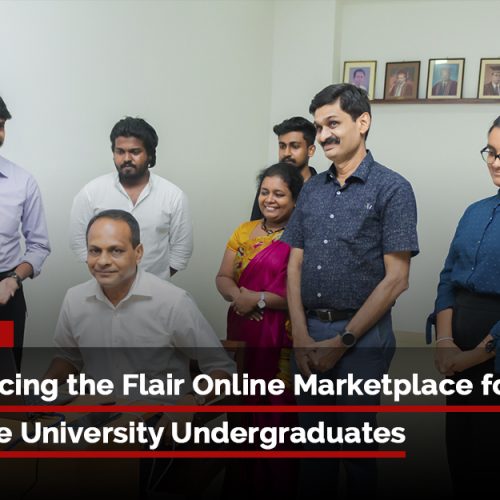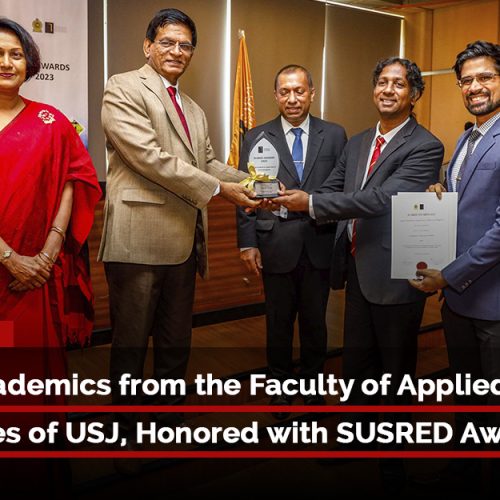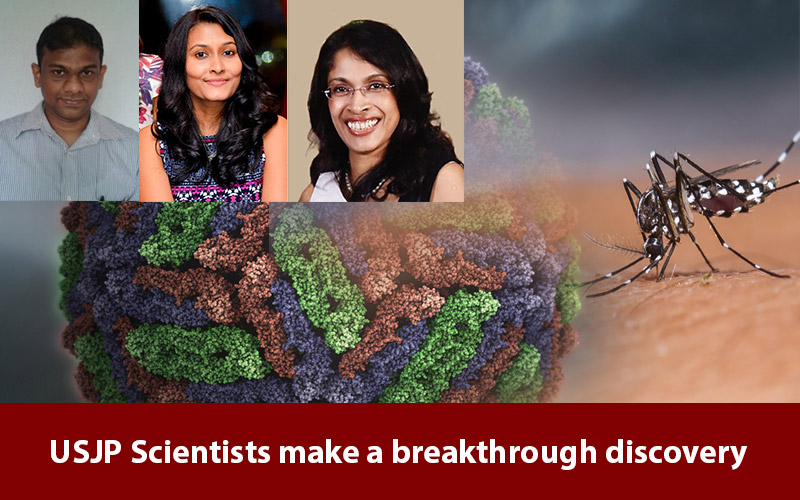
The scientists at the Centre for Dengue Research of the University of Sri Jayewardenepura have found that the antibodies directed to a certain dengue protein, NS1 is likely to determine the outcome of the disease among individuals who are infected with the dengue virus. Their research findings have been published in the world renowned scientific journal, Nature Communications.
The research team led by Prof. Neelika Malavige has discovered that the antibody response to the dengue NS1 protein was quite different in those who develop mild clinical disease when compared to those who develop severe dengue (dengue haemorrhagic fever). Further elaborating on their research findings, Prof, Malavige stated that their results are likely to pave the way for further understanding as to why only some individuals develop very severe disease, while others have very mild or asymptomatic disease when infected with the same dengue virus. She said that these cutting edge research experiments were the work of two of the scientists in her group, Ms. Deshni Jayathilaka, who is a PhD student and Mr. Laksiri Gomes, who is a senior scientific researcher. ‘I am very happy to say that all the experiments were carried out within the confines of our laboratory at the University of Sri Jayewardenepura.’ Since the assays to measure these types of antibodies did not exist, Deshni and Laksiri had to develop all assays from scratch in order to carry out our experiments. The other members of the team were Dr. Chandima Jeewandara, Dr. Danushka Herath, Dr. Geethal Jayaratne and Dr. Pathum Perera from the Centre for Dengue Research, Dr. Ananda Wijewickrama from the National Institute of Infectious Diseases and Prof. Graham Ogg and Dr. Clare Hardman from University of Oxford, UK.
The teams’ discovery that the differences in the antibody response to the dengue protein NS1, is linked with development of severe dengue, would be important in dengue vaccine development and in measuring their efficacy. The ideal dengue vaccine should be able to induce protective type of antibodies to the dengue NS1, such as those seen in patients who developed milder disease. Prof. Malavige further stated that there is a lot more work to be done in order to fully understand how different types of NS1 antibodies are generated and the mechanisms by which they cause severe dengue.
This research was supported by the funding of the Centre for Dengue Research, National Science Foundation and the National Research Council of Sri Lanka. ‘At a time when there is a lot of criticism being levelled against Universities in Sri Lanka, we are happy to prove that we have the facilities and the capacity to carry out scientific research of global importance, provided adequate funds are made available’, said Prof. Malavige. She further stated that the Vice Chancellor of the University of Sri Jayewardenepura, Prof. Sampath Amaratunga and the Dean of the Faculty of Medical Sciences, Prof. Surangi Yasawardena, strongly supported their research activities and had a long-term vision to improve the quality and quantity of the research output by the University. She went on to say that, although there was a lot more work to be done, they were unable to carry out any further research activities in this area, as the National Science Foundation was unable to provide them with the required funds for this year due to financial constraints exercised by the treasury.

